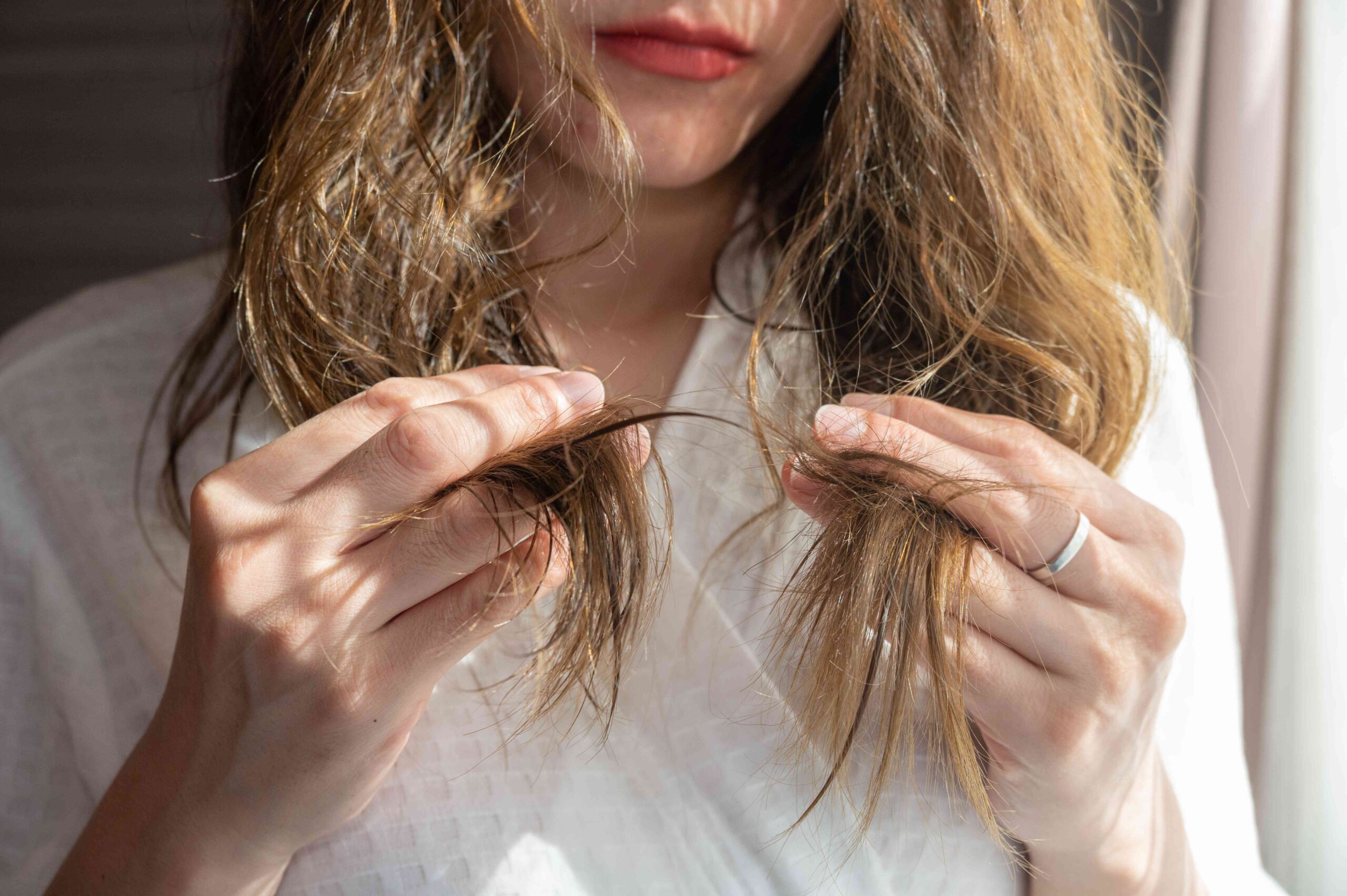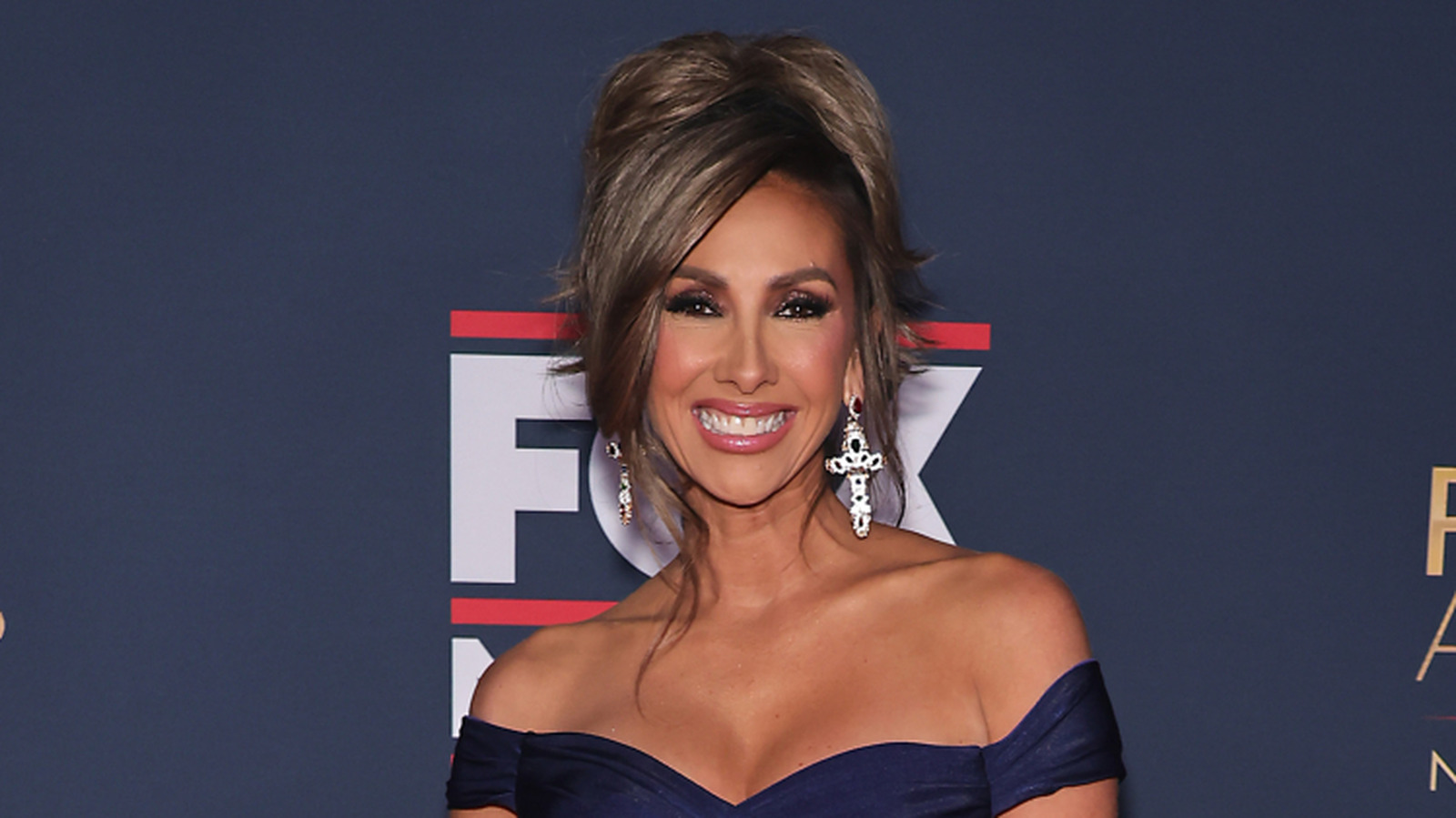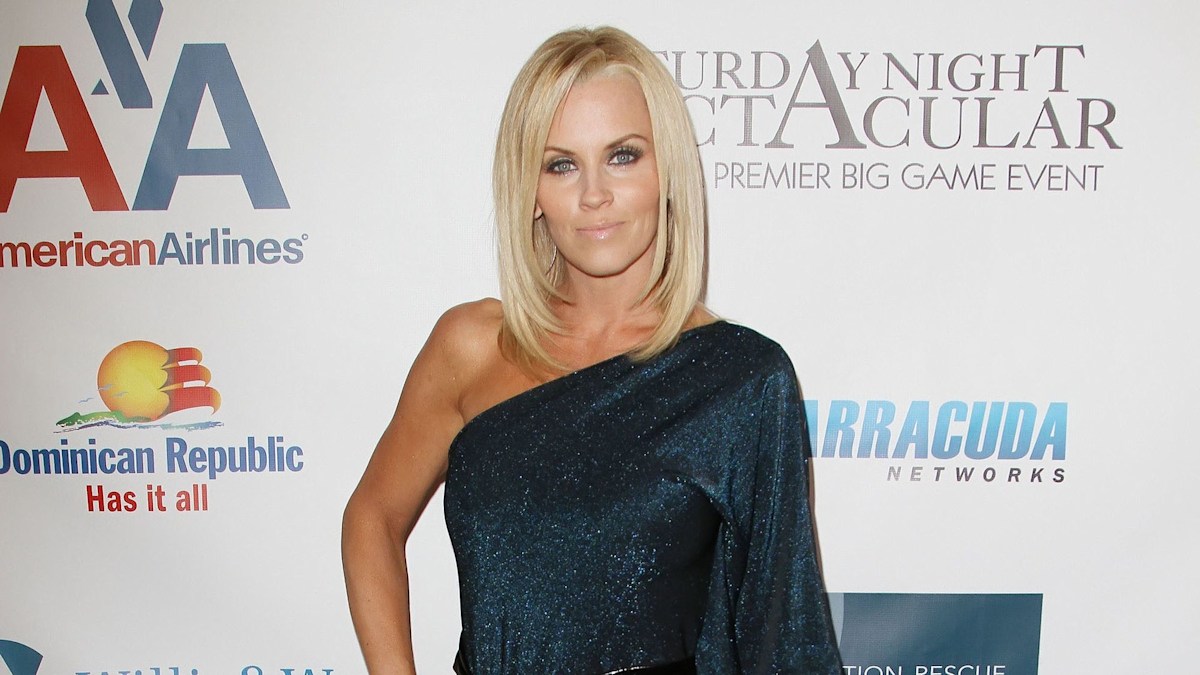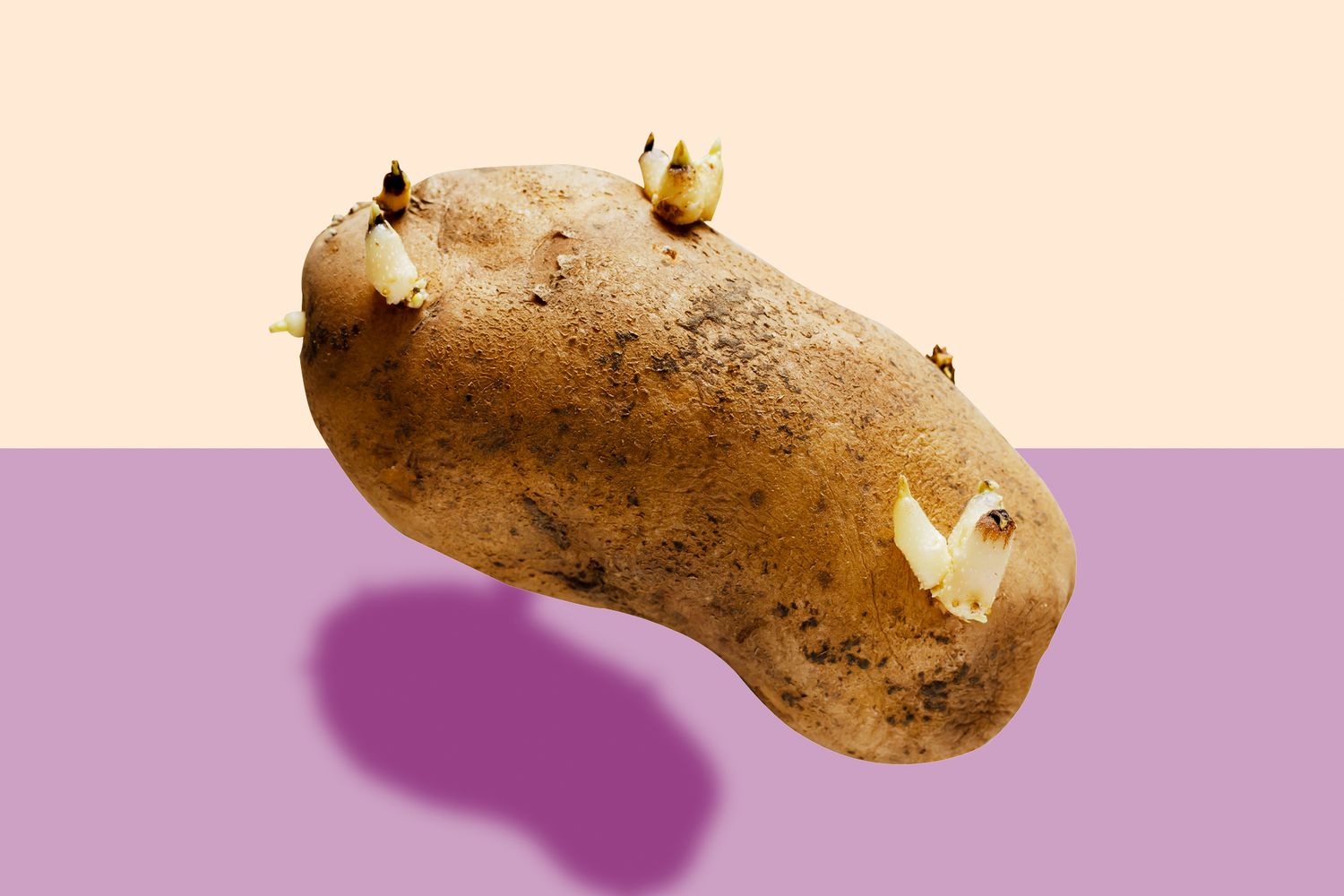
‘Protein Overload’ Actually Can Damage Your Hair—Here’s How to Fix It
Protein is big business these days, and not just in your diet—the haircare market has embraced protein-based treatments for strengthening hair. But many on social media are warning that a “protein overload” from these products can actually make hair more damaged than it was to begin with.
On TikTok, influencers and hair experts alike have sparked a heated debate about whether overdoing it on high-protein hair products will leave your tresses brittle.
“The more of that hard coating that is built up on the hair shaft from those proteins, the more brittle the hair becomes,” said TikToker and hair stylist Zach Mesquit in a March video. “There’s all this promotion put behind these products…telling you, ‘This is going to repair your hair,’ and it’s actually making it worse.”
But others argue that protein overload isn’t something to be concerned about—some even say it’s an outright myth.
“Most proteins don’t really penetrate very far in your hair,” TikToker Sareena Akarim told her followers in video from last year. “When people have problems with protein overload, it’s likely because of the product or the formula itself. What’s likely happening is that the products don’t have a good balance of conditioning agents.”
So, without splitting hairs, what’s the truth about protein overload? Here’s what experts had to say.
Proteins are often found in hair treatments—such as shampoos, conditioners, or masks—that promise to repair or bond damaged hair.
Keratin is one such protein that often shows up in these types of treatments, in addition to collagen and varying mixes of amino acids. The cost can vary widely—you can receive keratin treatments in a salon, or you can purchase protein-rich conditioners at the drugstore.
The idea behind these products is that, since hair is made of protein, adding more in a topical treatment could help repair any strands that are brittle or damaged.
“Using products with added protein can help to build up hair strength and protect the cuticle by filling in breakage gaps in the hair shaft,” Anna Chacon, MD, a board-certified dermatologist in private practice, told Health.
It can help smooth your strands and add volume, resulting in shinier, healthier hair, she explained.
Protein is kind of like scaffolding for the hair, added Ross Kopelman, MD, hair restoration surgeon at Kopelman Hair Restoration in New York. With too little of it, the hair can become weak.
Though there’s little clinical research on the subject, limpness, flatness, and stringiness are generally acknowledged as signs of low protein in your coiffure.
Though conditioners, masks, and other hair products with protein are meant to help with damaged hair, it is possible for the hair to get too much protein—hence TikTok’s “protein overload” buzzword.
“When there’s too much protein, hair can turn stiff, dry, and brittle,” Rodger Azadganian, owner of äz Haircare and master hair stylist based in North Carolina, told Health. “It loses that bounce and flexibility, and that’s when breakage happens.”
The problem comes from a lack of moisture, Azadganian and Kopelman explained.
“When you keep adding protein without balancing it with hydration, the hair can start feeling stiff, almost like straw, and it becomes more prone to snapping,” Kopelman told Health.
Protein overload can be a particularly pertinent issue for people with low-porosity hair, which doesn’t absorb moisture as easily, he said.
If your hair is damaged, you’ll need products that have protein to provide more strength, but also moisture to boost flexibility, Azadganian added.
However, it’s easy to understand why people continue to reach for these products, given the way they’re often marketed, Kopelman said.
“Many hair products emphasize protein as the solution for damage, so people feel like they need to keep adding more and more,” he said.
In addition to this vocal group on social media warning people to stop using hair treatments with protein, there’s another contingent that says the issue is overhyped.
This more skeptical side argues that what people call “protein overload” is really just other haircare issues, such as product buildup. They say these protein-rich treatments, which are quickly rinsed out, are mostly harmless, unable to cause long-term hair issues.
“Both sides are right in their own way,” said Azadganian. “Some people absolutely overdo it with protein treatments, while others mistake dry, damaged hair for protein overload when, really, they just need a deep conditioner.”
In general, there’s no harm in people wanting to scale back their use of protein-rich conditioners or masks if they’re concerned about how it’s affecting their hair. However, attributing all brittle hair concerns to protein overload could make people overlook hormonal changes, nutrient deficiencies, or other factors that are actually driving changes in their hair health.
In a market of thousands of haircare products, selecting the right ones can be a challenge, to say the least.
But start by consulting your stylist. They can advise you on what your specific hair type needs, and how that might change by season, hormonal shifts, and other factors.
If you do opt for a protein-enhanced hair product, make sure to balance it with a more hydrating one. Consider alternating between a protein-rich product and a deep-conditioning treatment, Kopelman suggested, or find one that provides both.
“A great repairing conditioner should contain both proteins and moisture-locking ingredients like glycerin, hyaluronic acid, or natural oils (argan, jojoba, or shea butter),” he said.
You’ll know it’s time to dial back the protein and dial up the hydration if you notice your hair doesn’t stretch at all before breaking, he explained.
To support healthy hair more broadly, pay attention to the other ingredients in the products you’re choosing, too. Chacon suggested avoiding chemically laden products, such as those that contain parabens and sulfates.
And if you’re dealing with major, chronic hair breakage or thinning, it’s probably worth getting it checked out by a medical professional.
“Sometimes, underlying issues like scalp conditions or nutritional deficiencies need to be addressed for real, long-term hair health,” Kopelman said.










